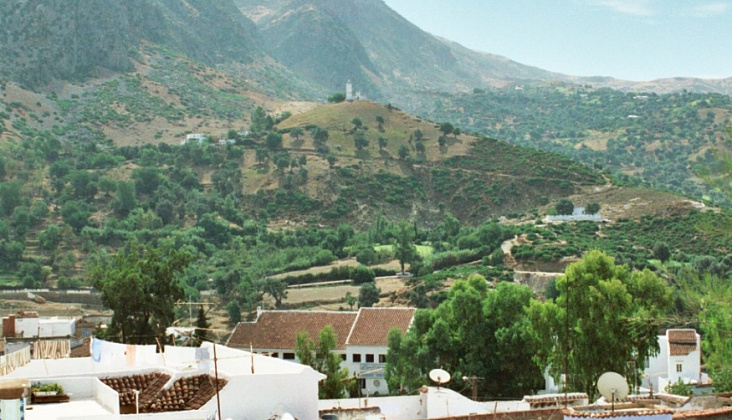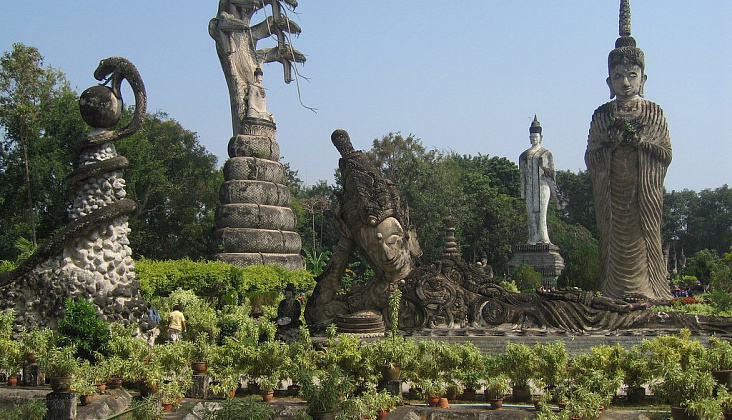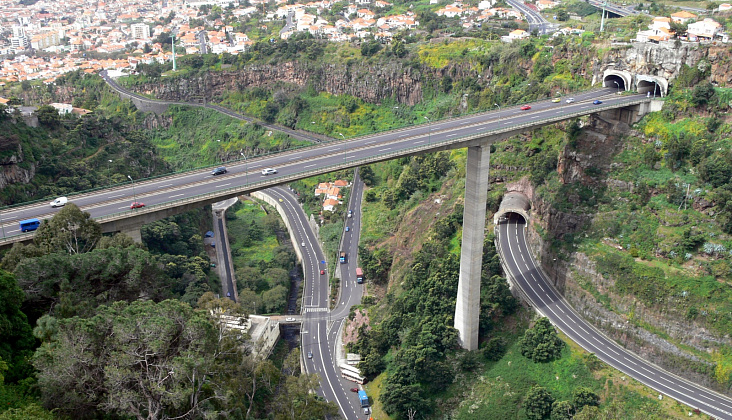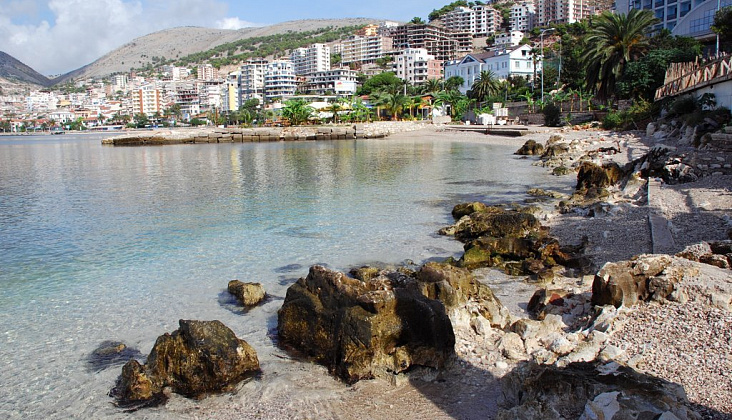Azerbaijan is a state in the eastern part of Transcaucasia
 SHOPPING
SHOPPING
In the central part of Baku, shops are open from 9.00 until late evening, on the periphery, as a rule, until 19.00-20.00.
The lowest prices are in markets and fairs. Local silk, ceramics and other handicraft goods can be bought in Sharg Bazary (a modern indoor market), as well as on the famous Torgovaya Street and in the “old city” in Baku. High-quality and inexpensive carpets can be found in the center of weaving carpets in the suburb of Baku – Nardaran.
Everywhere, especially in private shops and markets, you should bargain – with a certain ability to knock the price down twice as easily.
WHERE TO STAY
Most of the 4-5 star hotels (there are not many of them in Azerbaijan, by the way) are concentrated in Baku.
SEA AND BEACHES
Due to the high content of bacteria in sea water on some beaches of Baku, swimming is prohibited.
In connection with the beginning of the summer season, the Republican Center for Hygiene and Epidemiology of Azerbaijan conducted monitoring to determine the extent of pollution of sea water on city beaches on the Absheron Peninsula, during which it was found that in the area of the Sakhil beaches (Garadagh district of Baku) and »(Sabail district of Baku) sea water is heavily polluted with bacteria.
According to laboratory data, a significant increase in bacteria in sea water is due to the fact that household waste water from the communities flows into the sea.
In other places, namely on the beaches of Novkhani, Pirshagi, Nardaran, Bilga, Zagulba, Buzovna, Mardakan, Shuvelan, the sea water is clean and suitable for swimming.
As part of measures aimed at preventing mass infection and the spread of infectious diseases, the deputy chief state health officer of the Republic of Azerbaijan decided to ban bathing in the area of Sahil beaches and Shikhovo and the surrounding areas.
Well, the dirtiest water on the Caspian coast of Azerbaijan is on the coast of the city of Sumgayit (30 km from Baku). The content of E. coli in samples of sea water, seized on the coast of the city of Sumgayit (9500-180400 units / liter), in the area of beaches “Shikhovo” for example, 4500-11200 units / liter.
STORY
The history of the statehood of Azerbaijan has about 5 thousand years. The first state formations on the territory of Azerbaijan arose from the end of the 4th, beginning of the 3rd millennium BC. In the I millennium BC, Manna existed here,
Ishim, Skit, Skiff and such strong states as Caucasian Albania and Atropatena. These states played a large role in enhancing the culture of public administration, in the history of the country’s economic culture, as well as in the process of forming a united nation.
In the III century AD Azerbaijan was occupied by the empire of the Iranian Sassanids, and in the VII century – the Arab Caliphate. The occupants resettled into the country a large population of Iranian and Arab origin.
With the adoption of the Islamic religion in the VII century, there was a radical change in the history of Azerbaijan. Islam gave a strong impetus to the formation of a single nation, language, customs, etc. among the Turkic and non-Turkic peoples in the territory of Azerbaijan.
A new political upswing began in Azerbaijan: on the lands of Azerbaijan, on which Islam was spread, the states of Sadzhidov, Shirvanshahs, Salarids, Ravvadids and Sheddadids were created. The Renaissance era began in Azerbaijani history.
At the end of the 15th and beginning of the 16th centuries, a new milestone begins in the history of Azerbaijan. The prominent statesman Shah Ismail Khatai managed to unite all the northern and southern lands of Azerbaijan under his leadership. Formed a single Safavid state with its capital in Tabriz, which eventually turned into one of the most powerful empires of the Near and Middle East.
The prominent Azerbaijani commander Nadir Shah, who came to power after the fall of the Safavid state, expanded the borders of the former Safavid Empire even more. This ruler of Azerbaijan in 1739 conquered Northern India, including Delhi. However, after the death of Nadir Shah, the empire he ruled fell.
Thus, in the second half of the XVIII century, Azerbaijan fell apart into small states – the Khanate and the sultanates.
At the end of the 18th century, Ghajar, which is an Azerbaijani dynasty, came to power in Iran. They began to introduce a policy of subordination of all the territories under the rule of Nadir Shah, including the Azerbaijani khanate, to centralized rule.
Thus began the era of perennial wars between the Gadzhars and Russia seeking to seize the South Caucasus. As a result, on the basis of the Gulustan (1813) and Turkmenchay (1828) treaties, Azerbaijan was divided between two empires: Northern Azerbaijan was annexed to Russia, and Southern Azerbaijan – to Iran.
From this period also begins the era of the genocide of Azerbaijanis by Russia and Armenian neighbors. The struggle for freedom in northern Azerbaijan was very tense.



